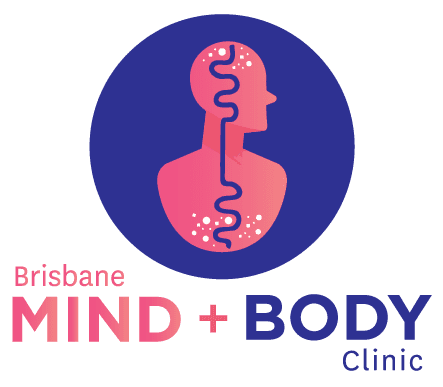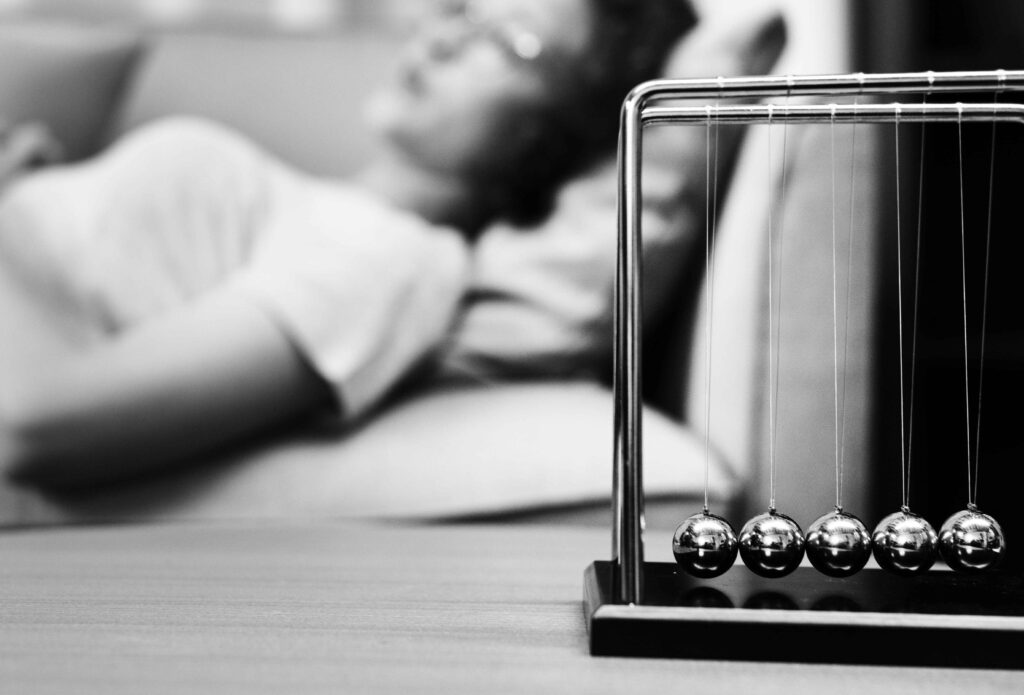The Benefits of Couples Therapy with North Brisbane Psychologists
The Benefits of Couples Therapy with North Brisbane Psychologists Relationship challenges are inevitable, and couples therapy is a powerful tool to help couples overcome them. This article discusses how psychologists can help address various issues in romantic relationships, including communication problems, conflict resolution, infidelity, intimacy issues, parenting challenges, and past traumas. Moreover, it outlines what to expect during couples therapy sessions, including assessments, goal setting, collaborative approaches, communication skills, homework assignments, and progress monitoring. As North Brisbane Psychologists, our experienced and compassionate therapists are committed to helping couples improve their relationships and build a brighter future together. If you and your partner are struggling with relationship issues, we encourage you to consider couples therapy with a psychologist to achieve a happier, healthier partnership. How can couples therapy with psychologists help improve my relationship? Couples therapy with psychologists can help improve your relationship in several ways. Some of the critical benefits of couples therapy include the following: 1.Improved Communication: Effective communication is essential for any successful relationship. Couples therapy can help you and your partner learn to communicate more effectively, express yourselves more clearly, and better understand each other’s needs and perspectives. 2.Conflict Resolution: Conflicts and disagreements are typical in any relationship, but how you handle them can make all the difference. Couples therapy can give you the tools and strategies to resolve conflicts in a healthy, constructive way that strengthens your relationship rather than damaging it. 3.Increased Intimacy: Intimacy is essential to any romantic relationship but can be challenging to maintain over time. Couples therapy can help you and your partner rekindle your intimacy, build stronger emotional bonds, and increase your sense of closeness. 4.Addressing Underlying Issues: Many relationship problems stem from more profound issues, such as unresolved past traumas, unmet needs, or incompatible values. Couples therapy can help you and your partner identify and address these underlying issues, allowing you to work together to find solutions for both of you. 5.Building a Stronger Foundation: By learning how to communicate effectively, resolve conflicts, and address underlying issues, couples therapy can help you and your partner make a stronger foundation for your relationship. This can help you weather future challenges and enjoy a happier, healthier partnership over the long term. At North Brisbane Psychologists, our experienced and compassionate therapists are committed to helping couples overcome challenges and build stronger, healthier relationships. If you and your partner are struggling with relationship issues, we encourage you to consider couples therapy to improve your relationship and build a brighter future together. What specific issues can psychologists help address in couples therapy? Psychologists specialising in couples therapy are trained to help couples address various issues that can arise in romantic relationships. Some of the specific problems that psychologists can help manage in couples therapy include: 1. Communication Problems: Communication is the foundation of any successful relationship, but many couples need help communicating effectively. Psychologists can help teams learn how to communicate more effectively, express themselves clearly, and understand each other’s needs and perspectives. 2. Conflict Resolution: Conflicts and disagreements are typical in any relationship, but how you handle them can make all the difference. Psychologists can provide couples with the tools and strategies to resolve conflicts in a healthy, constructive way that strengthens their relationship rather than damaging it. 3. Infidelity: Infidelity can devastate any relationship but doesn’t necessarily mean the end. Psychologists can help couples work through the emotions and challenges that arise after infidelity and rebuild their trust and intimacy over time. 4. Intimacy Issues: Intimacy is an essential aspect of any romantic relationship, but it can be challenging to maintain over time. Psychologists can help couples identify the underlying issues contributing to their intimacy issues and provide them with the tools and strategies to rekindle their intimacy and build stronger emotional bonds. 5. Parenting Challenges: Raising children can be rewarding and challenging and strain even the most vital relationships. Psychologists can help couples navigate parenting challenges, develop effective co-parenting strategies, and maintain a robust and healthy relationship. 6. Trauma and Past Issues: Many relationship problems stem from more profound issues, such as unresolved past traumas, unmet needs, or incompatible values. Psychologists can help couples identify and address these underlying issues, allowing them to work together to find solutions. Psychologists specialising in couples therapy can provide couples with the support, guidance, and tools to overcome their challenges, build stronger, healthier relationships, and enjoy happier, more fulfilling lives together. What should I expect during couples therapy with a psychologist? If you’re considering couples therapy with a psychologist, you may wonder what to expect during your sessions. While the specifics of each session can vary depending on your individual needs and goals, there are some general aspects of couples therapy that you can expect: 1. Assessment: At the beginning of therapy, your psychologist will likely evaluate to gather information about your relationship and identify your struggling issues. This may involve asking you and your partner questions about your history, communication patterns, and current challenges. 2. Goal Setting: Once your psychologist clearly understands your relationship and the issues you’re facing, they will work with you to set goals for therapy. These goals should be specific, measurable, and achievable, focusing on improving your relationship in tangible ways. 3. Collaborative Approach: Couples therapy is a collaborative process, meaning that you and your partner will be active participants in the therapy process. Your psychologist will work with you to identify the best strategies and techniques for you and encourage you to implement these strategies in your relationship actively. 4. Communication Skills: One of the primary goals of couples therapy is to improve communication between you and your partner. Your psychologist may teach you and your partner specific communication skills, such as active listening, assertive communication, and conflict resolution strategies, to help you communicate more effectively. 5. Homework Assignments: Your psychologist may assign homework between sessions to reinforce the skills and strategies you learn in therapy. This homework may include practising specific communication skills, trying new behaviours, or reflecting on







